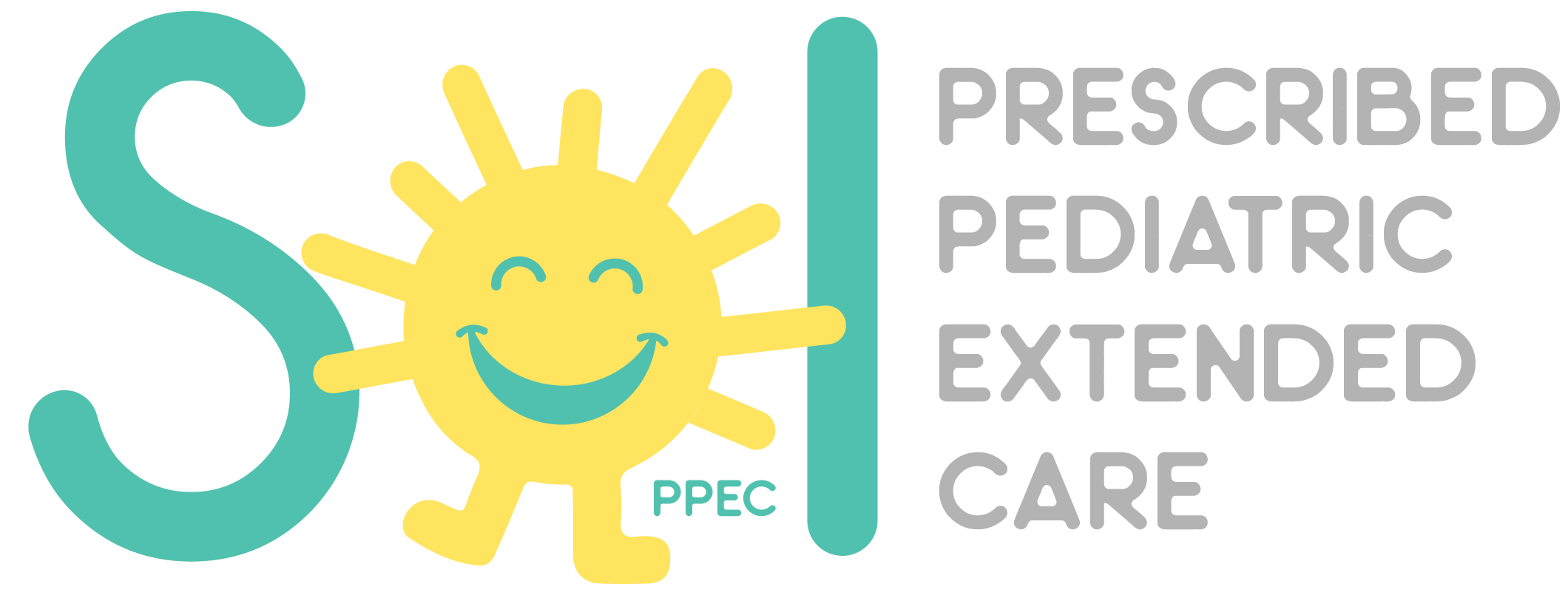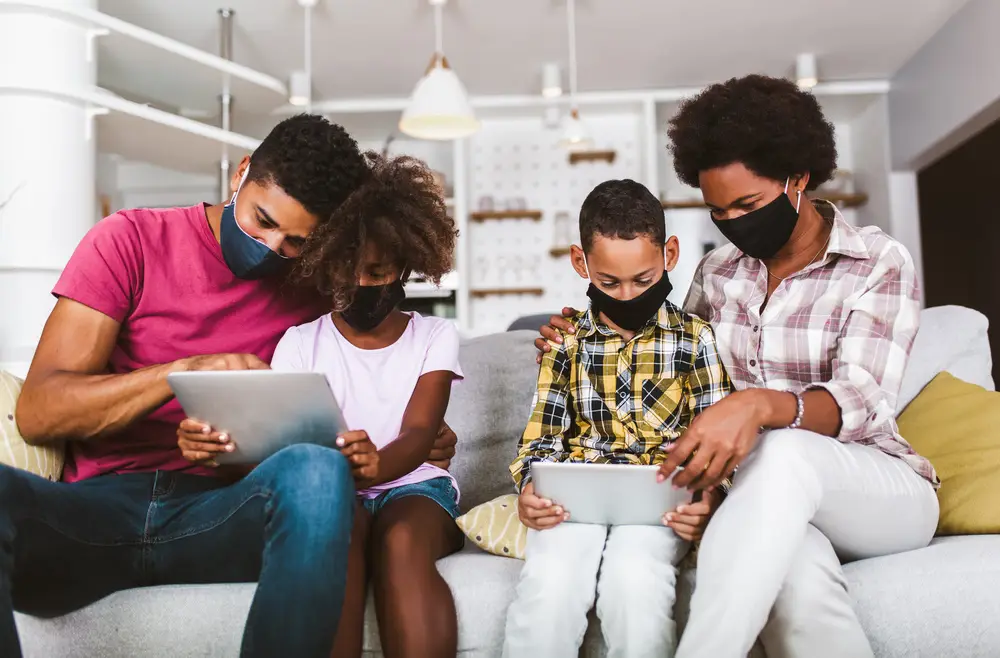Coronavirus Disease 2019 (COVID-19) has brought many changes to our communities and our day-to-day lives along with an excess of differing media coverage that may be confusing to children. Because of this, parents and family members, school staff, and other trusted stakeholders play a crucial role in helping children understand COVID-19 in a way that is honest, accurate, and minimizes anxiety/fear. It is important to remember that children may worry about themselves, their family, and friends getting sick with COVID-19.
Tips for talking to children:
- Children pick up cues from conversations you have with them and others. For this reason it is important that you stay calm while having COVID-19 conversations as they will react to what you say and how you say it.
- Convey to children that it is okay to feel upset and reassure them that they are safe. Share how you are dealing with stress so they can begin practicing these techniques.
- Make children aware that you are available to talk to and to listen. This opens the door for them to come to you when they have questions or concerns.
- Stay aware of what children are listening to and hearing on the radio, television and internet regarding COVID-19. Too much information on a specific topic may lead to anxiety.
- Provide truthful, age, and developmentally appropriate information on COVID-19. Communicate to children about the possibility of inaccurate information on the internet and social media. You want to avoid children misinterpreting what they hear and be frightened by something they do not understand.
- Build germ fighting routines to reduce the spread of germs.
- Remind children to wash their hands frequently. A great first step is to make it a family routine to wash your hands before any meal.
- Remind children to sneeze or cough into their elbow or a tissue followed by properly discarding the tissue into the trash and washing their hands.
- If school is open, review the school safety policies and discuss the actions they will be required to follow to keep the staff and their friends safe. The CDC has created “Back to School Planning: Checklists to Guide Parents, Guardians, and Caregivers”.
Continue practicing healthy habits as a family and remind children that sleep, exercise and eating healthy foods are great ways to strengthen our bodies. We will all get sick sometimes, most children have probably already had at least one cold this season. We can be responsible germ fighters when we practice handwashing, cough-catching, resting and healthy living.


